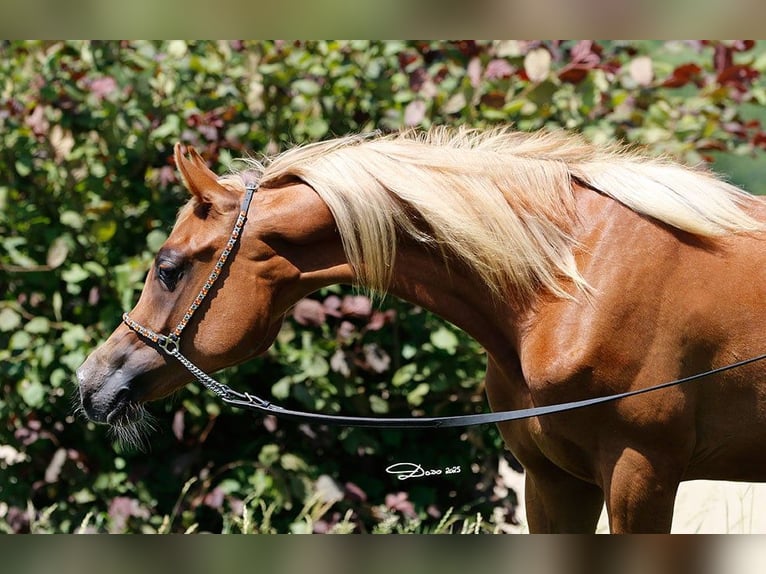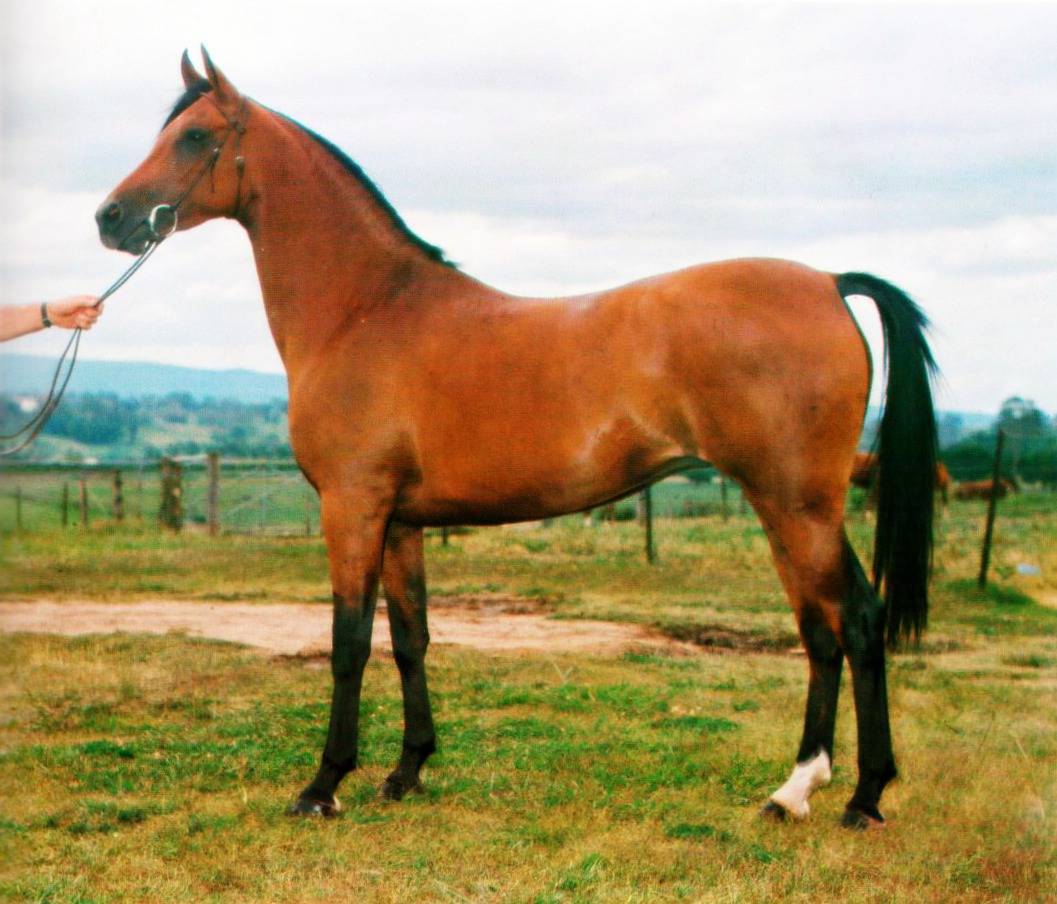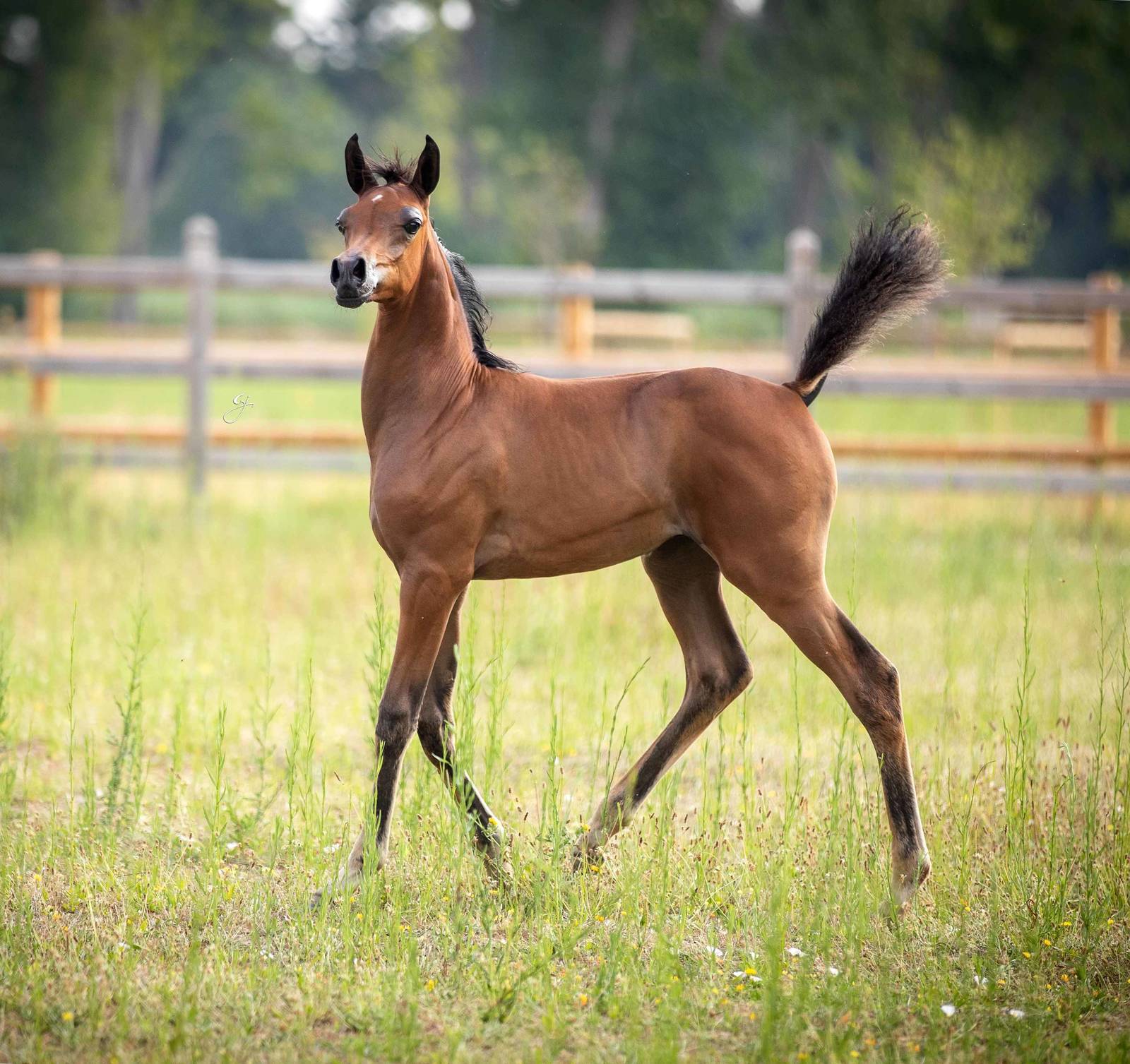The Arabian Horse: A Living Legend

The Arabian horse is one of the most recognizable and celebrated horse breeds in the world. Known for its distinctive head shape, high tail carriage, and spirited yet gentle nature, the Arabian horse has a rich history that spans thousands of years. This article explores the origins, characteristics, cultural significance, and modern-day role of the Arabian horse.
Origins and History

The Arabian horse originated on the Arabian Peninsula, where Bedouin tribes bred them for endurance, speed, and loyalty. These horses were essential for transportation, warfare, and companionship in harsh desert environments. Their lineage is considered one of the oldest and purest among horse breeds.
| Period | Key Developments |
|---|---|
| Ancient Times | Domestication and early breeding |
| Middle Ages | Spread through trade and conquest |
| 18th-19th Century | Introduction to Europe and America |
| 20th Century | Modern breeding programs and global popularity |
Physical Characteristics
Arabian horses are easily identified by several unique features:
- Head Shape: A refined, wedge-shaped head with a broad forehead and large, expressive eyes.
- Nostrils: Large and flared, aiding in efficient breathing.
- Tail: High tail carriage, often held proudly.
- Build: Compact, muscular body with strong legs and a short back.
These traits contribute to their agility, stamina, and beauty.
Temperament and Behavior
Arabians are known for their intelligence, sensitivity, and strong bond with humans. They are often described as spirited but gentle, making them suitable for various equestrian disciplines and as family horses.
Cultural Significance
The Arabian horse holds a special place in Middle Eastern culture and folklore. It symbolizes nobility, courage, and grace. Many legends and poems celebrate the breed, and it is often featured in art and ceremonial events.
Modern Uses
Today, Arabian horses excel in many areas:
- Endurance Riding: Their stamina makes them champions in long-distance races.
- Show Competitions: Their beauty and presence shine in halter and performance classes.
- Breeding: Arabian bloodlines have influenced many other horse breeds worldwide.
FAQ
Q: How long have Arabian horses been bred?
A: For over 4,500 years, making them one of the oldest horse breeds.
Q: What makes Arabian horses unique?
A: Their distinctive physical features, endurance, and close relationship with humans.
Q: Are Arabian horses good for beginners?
A: Yes, due to their gentle nature, though they are also spirited and require knowledgeable handling.
Q: How have Arabian horses influenced other breeds?
A: Their genetics have improved stamina, refinement, and versatility in many modern breeds.
This comprehensive overview highlights why the Arabian horse is truly a living legend, admired worldwide for its beauty, history, and enduring spirit.
